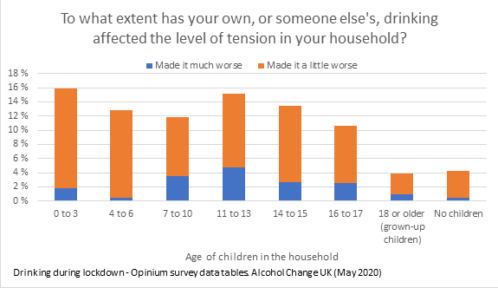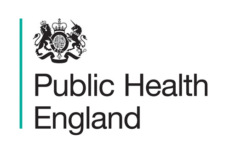Children of Alcohol Dependent Parents
At the end of May 2020, Gareth Davies, Head of the National Audit Office said: “I cannot remember such a period of bravery in public services as during the COVID-19 pandemic.” We have seen some of that in the tenacity, ingenuity and willingness to do things differently amongst the projects involved in the Children of Alcohol Dependent Parents (CADeP) programme. The programme was launched in December 2018. The aim has been to allow local innovation in nine areas which will lead to better identification and support for families where a parent has an alcohol problem and to explore how to reduce parental conflict in those families. The COVID-19 pandemic has been, and remains, challenging to many, and there is serious concern that temporarily hidden issues will be revealed after lockdown ends. Opinion polls carried out for Alcohol Change UK, for example, makes it clear that parental drinking has been raising tensions in some households. This is backed up by data released by the National Association for Children of Alcoholics (Nacoa) who report a 40% increase in contacts in April and May in comparison to 2019. The Tavistock Institute is responsible for evaluating this project – included engaging with the nine areas to explore how they have responded to the current situation:
The Tavistock Institute is responsible for evaluating this project – included engaging with the nine areas to explore how they have responded to the current situation:
- what they have been doing differently
- what has worked well and not so well
Activity packs and essential groceries in Haringey The project in Haringey recognised that many families were struggling with the lockdown and keeping children entertained, particularly those on a tight budget and living in crowded environments. They have provided families with children’s activity packs along with essential groceries to help ease some of the pressures on parents and carers and to enable children to take part in creative activities with their families; and shared a list of links to parents via email for online educational resources, external services and information on how to talk to children about COVID-19. Feedback from parents has been very positive: “Hi, OMG what a wonderful activity pack! Megan is super chuffed; thank you so much! Can’t wait to get started on the activities together!’ ; ‘Thank you so much for the Easter Package…we love it! Give everyone who helped a big virtual hug from me and Billy.”Despite the challenges experienced, it is clear that the work that has continued during lockdown has been valuable for many of the families that CADeP projects are supporting and that systems and services are learning important lessons about how to meet the needs of vulnerable children and families. This will be further explored in the ongoing evaluation of the project.
 If you want to find out more about the evaluation, contact Thomas Spielhofer
For more details about the CADeP project, please contact Andrew K Brown
If you want to find out more about the evaluation, contact Thomas Spielhofer
For more details about the CADeP project, please contact Andrew K Brown
